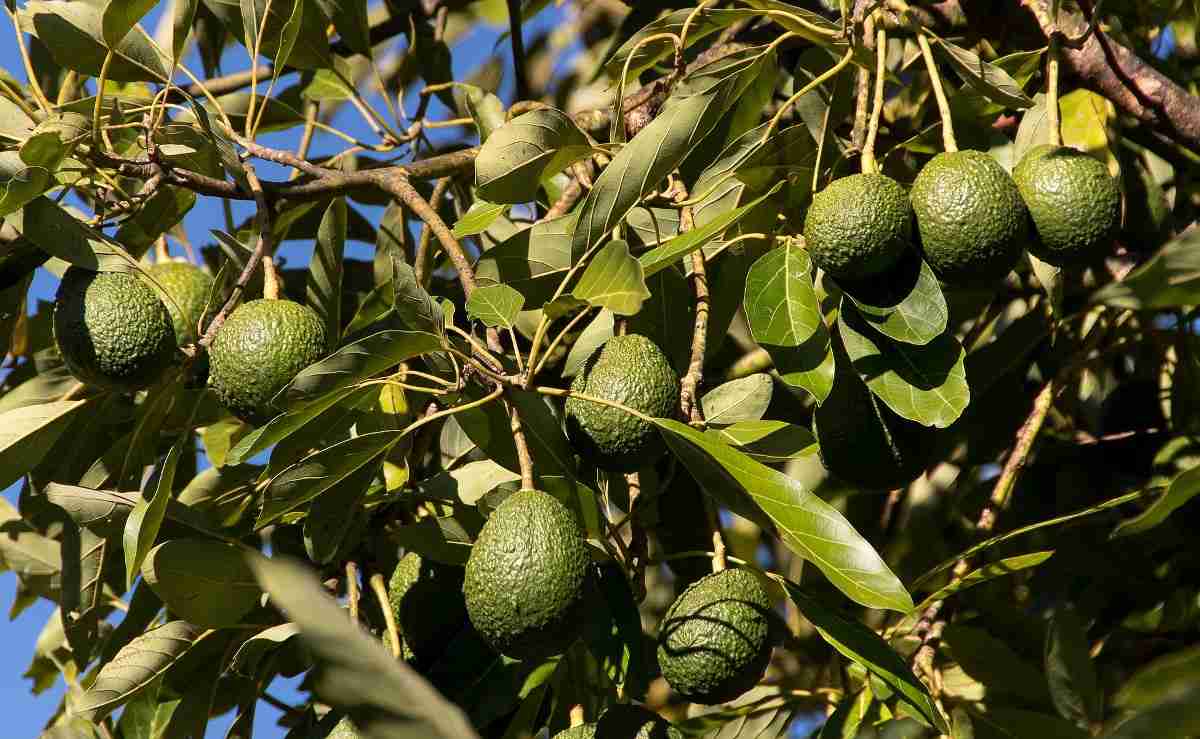Avocado Farming: Cultivating Green Gold For Sustainable Agriculture

By Rashidat Oladele
Avocado farming has become increasingly significant in recent years due to the rising demand for this nutritious fruit.
Avocado trees are native to Africa, Central and South America, but they are now grown in many parts of the world, including California, Mexico, and Peru.
The significance of avocado farming lies in its economic, environmental, and health benefits.
Economically, avocado farming provides a lucrative opportunity for farmers. Avocado trees are known for their high yield and profitability.
The global demand for avocados has been steadily increasing due to their versatility in culinary applications and their reputation as a healthy food option. This has created a thriving market for avocado farmers, allowing them to generate substantial income.
From an environmental perspective, avocado farming can have positive impacts. Avocado trees are known for their ability to absorb carbon dioxide and release oxygen, making them effective in reducing greenhouse gas emissions.
Additionally, avocado orchards provide habitat for various wildlife species, contributing to biodiversity conservation.
In terms of health benefits, avocados are highly nutritious. They are rich in healthy fats, vitamins, minerals, and dietary fiber. Consuming avocados regularly has been associated with numerous health benefits, including improved heart health, weight management, and enhanced nutrient absorption.
Avocado farming allows for the production of fresh, high-quality avocados, making these health benefits more accessible to consumers.
Furthermore, avocado farming can contribute to food security. Avocado trees are relatively low-maintenance and can thrive in diverse climates, making them a reliable crop for farmers.
The availability of avocados throughout the year can help meet the demand for nutritious food, especially in regions where access to fresh produce is limited.
The significance of avocado farming lies in its economic, environmental, and health benefits. It provides a profitable opportunity for farmers, contributes to environmental sustainability, and offers a nutritious food source for consumers.
With the increasing demand for avocados, the importance of avocado farming is expected to continue growing in the years to come.
One important aspect of avocado farming is its impact on rural economies. Avocado cultivation creates job opportunities, both directly and indirectly. Farmers need labor for planting, harvesting, and maintaining avocado trees, which leads to employment opportunities for local communities.
Additionally, the avocado industry stimulates other sectors, such as transportation, packaging, and marketing, further boosting the local economy.
Avocado farming also plays a role in sustainable agriculture practices. Avocado trees have a long lifespan and can continue producing fruit for decades. This longevity reduces the need for constant replanting, which helps preserve soil health and prevent erosion.
Furthermore, avocados require less water compared to other crops, making them a more water-efficient option in regions prone to drought.
The significance of avocado farming extends to international trade and export. Countries with favorable climates for avocado cultivation, such as Mexico and California, have become major exporters of avocados.
This not only generates revenue for these regions but also strengthens their trade relationships with other countries. Avocado exports contribute to global food security by ensuring a steady supply of this nutritious fruit to various markets around the world.
Avocado farming also promotes sustainable land use. Avocado orchards can be integrated into agroforestry systems, where they are planted alongside other crops or livestock.
This practice enhances biodiversity, as the trees provide shade, shelter, and food sources for beneficial insects and birds. The diverse ecosystem within avocado orchards contributes to natural pest control and reduces the need for chemical interventions.
Lastly, avocado farming has become a symbol of agricultural innovation and adaptation. Farmers are constantly exploring new techniques and technologies to improve productivity, reduce environmental impact, and ensure the quality of their avocados.
This drive for innovation in avocado farming sets an example for other agricultural sectors, inspiring sustainable practices and fostering a culture of continuous improvement.
